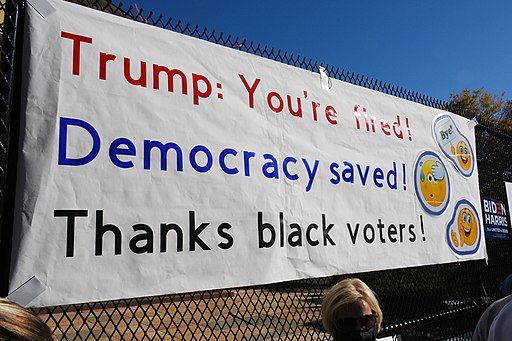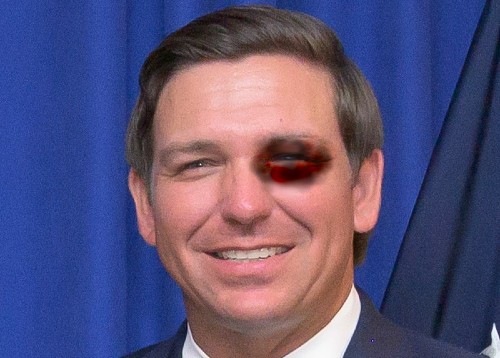
A year ago, the Washington Post reported that the Biden administration was poised to propose a ban on menthol cigarettes.
On April 28 the US Food and Drug Administration (supposedly an independent agency, but clearly operating per Joe Biden’s “suggestions”) finally announced its plan to move forward with the ban, which also includes cigars.
Now, as then, the main justification offered for the ban is that menthol cigarettes are disproportionately used by black smokers. 85% of black, versus only 29% of white, smokers choose menthol. QED, banning menthol will save black lives.
Let’s translate that justification into English: Black people are stupid. Too stupid to make their own decisions, and definitely too stupid to get around an FDA edict intended to take those decisions away from them.
Banning the sale of menthol cigarettes and cigars won’t stop Americans of any skin hue from smoking menthol cigarettes and cigars.
As a long-time menthol smoker, I’ve been “rolling my own” for years, using loose menthol tobacco, pre-made filter tubes, and an inexpensive machine. Yes, it’s a little more trouble, but it also saves me money. In fact, a carton (ten packs) of self-rolled cigarettes costs me just a little more than I’d pay for a single pack of generic smokes.
Anyone who finds “roll your own” too inconvenient will see new products on their local store shelves the instant the ban goes into effect: Little crushable menthol capsules to stick in cigarette filters. Little spray bottles of menthol flavoring. Various products that transform “regular” cigarettes into the minty fresh product they prefer. These products already exist. At the moment they’re more a mail-order thing. The ban will change that.
And any smoker who finds THAT too inconvenient may just switch from menthol to “regular.”
The number who quit because of the ban will be minuscule.
About 9.3 million black Americans smoke. About 8 million of them smoke menthol.
Insulting the intelligence of America’s 30 million black voters, and going especially hard on a third of those voters, doesn’t seem like the smart play in an election year when the Democratic Party — which usually enjoys high turnout and overwhelming support from those voters — is already in trouble.
Black smokers — black VOTERS — aren’t going to stop smoking menthol cigarettes. They’re just going to get righteously pissed at the people who make it harder for them to do so. And instead of voting Democrat, they may not bother to vote at all.
Thomas L. Knapp (Twitter: @thomaslknapp) is director and senior news analyst at the William Lloyd Garrison Center for Libertarian Advocacy Journalism (thegarrisoncenter.org). He lives and works in north central Florida.
PUBLICATION/CITATION HISTORY


